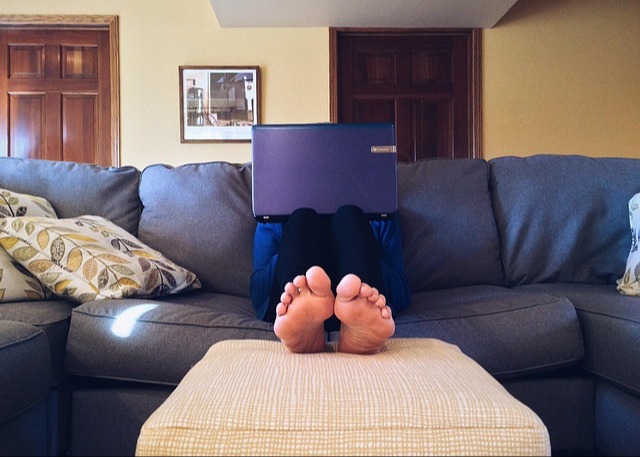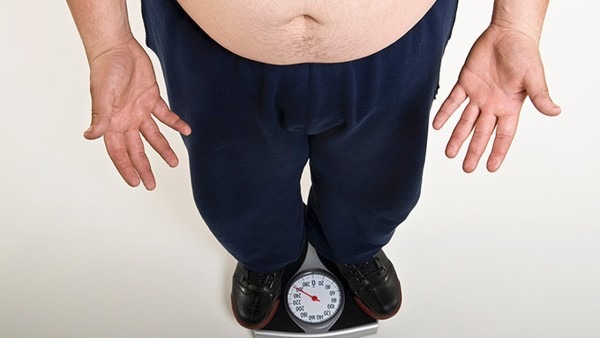We've all been there—lying in bed, staring at the ceiling, wondering why sleep feels like a distant dream even after hours under the covers. If you're tired of counting sheep and still waking up feeling like you ran a marathon in your sleep, you're not alone. The secret to feeling truly rested lies in understanding deep sleep—that magical state where your body actually gets to hit the reset button. But what exactly is it, and how can you get more of it? Let's break it down without the boring science lecture.
The Science Behind Deep Sleep
Deep sleep isn't just about closing your eyes and drifting off—it's a carefully orchestrated biological process. During N3 (the deepest non-REM stage), your brain waves slow to a crawl, your muscles relax completely, and your body gets busy repairing tissues, boosting immunity, and consolidating memories. REM sleep, while lighter in some ways, plays its own crucial role in emotional processing and creativity. Think of it like your brain's nightly therapy session where it files away the day's experiences. The real magic happens when you cycle through all these stages multiple times per night—like hitting all the food groups at a buffet, but for your nervous system.
Why Your Brain Craves Deep Sleep
Missing out on deep sleep is like skipping leg day at the gym—everything suffers. Without enough slow-wave sleep, your body can't properly regulate hormones like cortisol (the stress hormone) and ghrelin (the "I'll eat that entire pizza" hormone). Studies show people deprived of deep sleep develop insulin resistance faster than you can say "midnight snack." Your brain literally can't take out the trash—the glymphatic system, which flushes toxic proteins linked to Alzheimer's, works overtime during deep sleep. No wonder you feel foggy after a bad night—it's like running your laptop with 50 Chrome tabs open and no RAM left.
Modern Life's War Against Deep Sleep
Our ancestors didn't have to worry about blue light or 3 AM Twitter scrolling, but we're fighting an uphill battle. The constant ping of notifications keeps our nervous systems in fight-or-flight mode, basically giving our brains whiplash when we try to wind down. Even "harmless" habits like late-night workouts or that glass of wine with dinner can sabotage deep sleep—alcohol might knock you out faster, but it fragments your sleep architecture like a bull in a china shop. And let's not even start on the caffeine half-life that's still partying in your system when you're trying to sleep.
Hacking Your Way to Better Sleep
Getting quality shut-eye isn't about quick fixes—it's about working with your biology, not against it. Start by becoming a sleep schedule Nazi (yes, even on weekends) to regulate your internal clock. Make your bedroom so dark you can't see your hand in front of your face—blackout curtains are worth their weight in gold. Ditch the pre-bed scroll session and try reading actual paper books (remember those?). If you're going to screen time, at least use blue light filters warmer than a sunset in Hawaii. And for Pete's sake, stop obsessing over sleep trackers—nothing ruins deep sleep like stressing about not getting enough deep sleep.
When to Call in the Professionals
If you've tried all the sleep hygiene tricks and still feel like a zombie, it might be time for a sleep study. Conditions like sleep apnea can sabotage your deep sleep without you even realizing it—you might not remember waking up 30 times a night gasping for air. Restless leg syndrome isn't just annoying—it's like having a disco in your nervous system right when you're trying to sleep. Even "harmless" snoring could be a red flag. The good news? Modern sleep medicine has come a long way from clunky CPAP machines—today's solutions are sleeker than your smartphone and quieter than your judgy cat.
At the end of the day (pun intended), chasing perfect sleep can become its own form of insomnia. Sometimes the healthiest thing you can do is stop obsessing and trust that your body knows what it's doing. If you implement even a few of these changes consistently, you'll likely notice a difference in how rested you feel—not necessarily because you're getting more deep sleep, but because you're finally giving your body the conditions it needs to do its thing. Now if you'll excuse me, I have a date with my weighted blanket and a strictly enforced 10 PM lights-out policy.
























